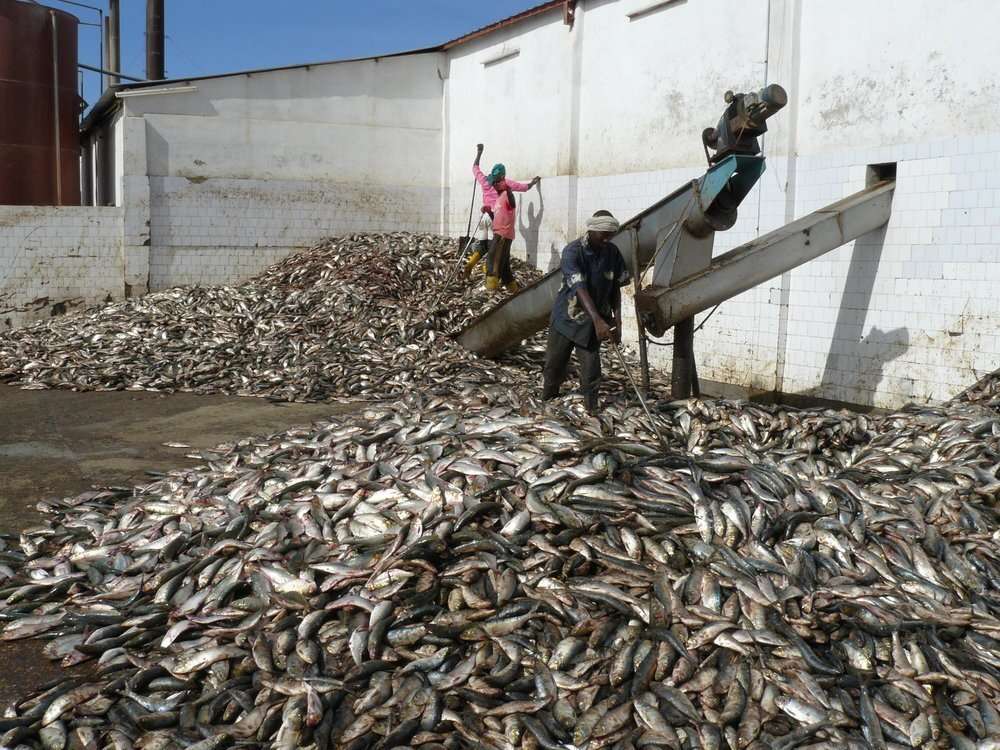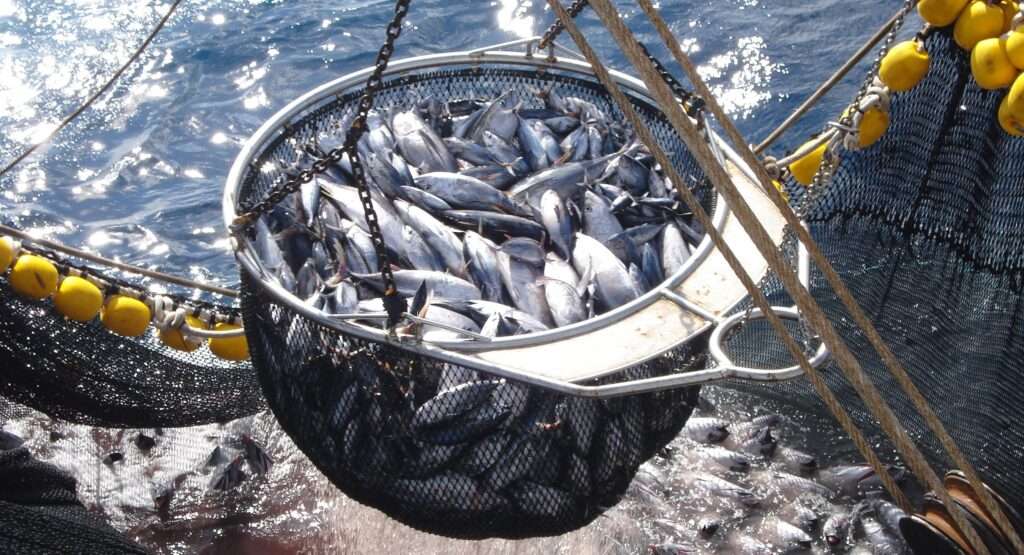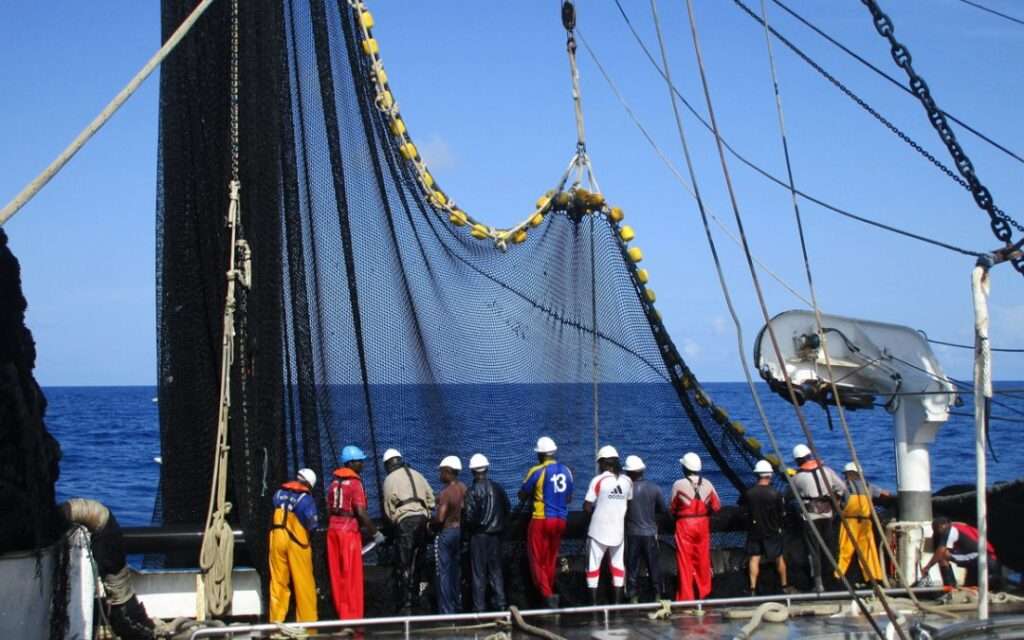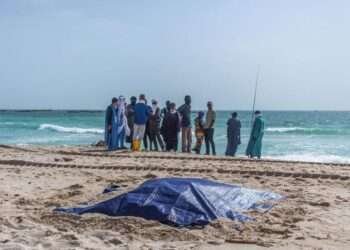Some of the largest and cleanest tropical tuna fishes in the world, are found in the waters of west Africa and the Indian Ocean. This makes them shelter for commercial tuna fishing vessels, that are operated by some powerful nations in the world.
EU tuna fleets are guided by arrangements focused on long-term viability and “social empowerment” of third-world nations in order to safeguard the fish species of weaker African states, from greedy plundering by richer ones.

However, last week saw the first-ever walkout by 80% of the EU fleet in the Gulf of Guinea, and the Indian Ocean, which involved 64 ships and about 2,000 crew members from Senegal and the Ivory Coast.
In addition to calling for better compensations, and working conditions in one of the riskiest jobs in the world, they also denounced EU agreements as being untrue to their word. They demanded that, the EU commission pays attention to NGOs and look into allegations of unlawful conduct by the EU fleet.

According to the International Transport Workers’ Federation (ITF), which seconded the walkout, some fishermen from Senegal and the Ivory Coast working on French and Spanish-owned ships, are paid as little as $54 per week, or $219 per month.
With this pay, it is considered much lower than the International Labor Organization’s (ILO) monthly minimum wage of $658 (£522), and violates pact between the EU commission and African nations, that encourages ethical fishing and employment.
According to the union, these contracts, which total up to €5 million a year, are “massively lucrative” for the French and Spanish businesses, whose vessels are licensed to fish tuna in African waters.

“It beggars belief that superprofitable companies and the government authorities, benefiting from highly advantageous fishing agreements negotiated for them by the EU commission, think it is acceptable to disregard the clear provision for the ILO’s seafarers’ basic minimum wage.”
Johnny Hansen, Chair of the International Transport Worker’s Federation’s fisheries Sector.
Moreover, the agreements between the EU commission and African nations are “massively lucrative for the French and Spanish firms whose vessels are licensed to fish for tuna,” Yoro Kane, General Secretary of the fishers’ union UDTS Senegal said, but the ILO minimum wage of $658 has not been met, with some companies paying a one-third of the minimum wage.

According to Opagac, a Spanish organization that represent frozen Tuna manufacturers, the Sustainable Fisheries Partnership Agreements (SFPAs), also known as fisheries agreements, have not been violated.
Additionally, the EU ships are allegedly understating catches in order to lower crew catch incentives, while fishing observers, the vessels’ “eyes and ears” in charge of verifying captured data, are reportedly not available. These specifications are included in the SFPAs as well.
Yellowfin and bigeye tuna stocks have depleted in the Indian Ocean, where the EU fleets capture one-third of tropical tuna. The four-day strike has been put on hold, while Senegalese and Ivory Coast officials mediate a solution.

Notwithstanding, the walkout has been called off, following an offer to pay the crew intermediate monthly salaries equaling £390 plus bonuses, a letter from a lawyer for the fishermen and the Ivory Coast fishers’ unions, UMPCI and SYMAPECI, revealed.
In a letter written to the Ivory Coast’s Director General for Maritime Affairs, the lawyer for the Union, demanded the release of detained fishermen, as reported that, several fishermen have been detained and locked up. It also stated that, in order to calm tensions, a settlement must be reached within 15 days.
The interim payment has been agreed upon with the expectation that, in-depth discussions with businesses over payment of the ILO minimum would commence within three weeks.

According to a representative of the EU Commission, although fishers have rights to the ILO minimum wage, different countries have different definitions of what constitutes a basic income, particularly with regard to bonuses.
However, the source stated that, the ILO guidelines referred to the national legislation as the governing authority in this area, and that the commission is “following closely, the strike affecting some EU vessels” and will “strongly push” for working groups to resolve concerns relating to fishermen salaries and working conditions.
READ ALSO:Ankara Maintains Stance On Stockholm’s NATO Membership Bid





















